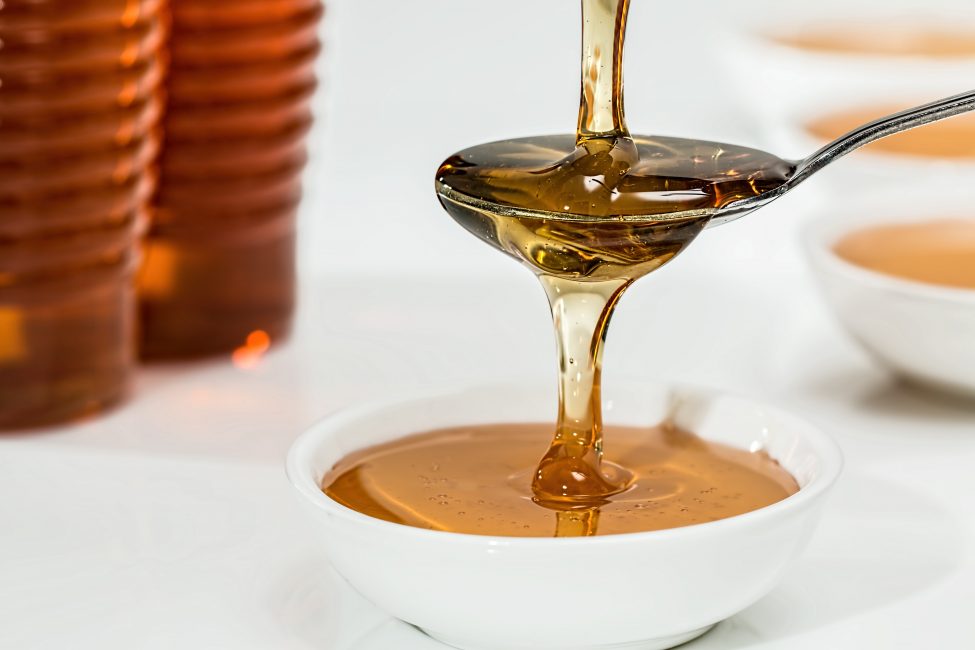
10 Best Home Remedies for Minor Wounds
Whether you experience a minor cut or burn, these natural and effective home remedies can help soothe and heal your injuries. Here are 10 of the best home remedies for minor wounds:
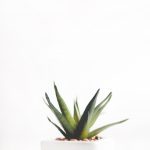 ALOE VERA
ALOE VERA
Aloe vera’s cooling properties and substantial enzymes and vitamins have proven to improve skin health. The Mayo Clinic explains that aloe vera’s anti-inflammatory nature reduces swelling and pain when you may have spent too much time at the pool and forgot the SPF this summer. It’s effective in treating minor sunburns and can be used in its natural plant form or purchased in convenience stores as a gel.
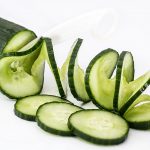 CUCUMBERS
CUCUMBERS
The long renowned tradition of cucumbers on your eyes isn’t just a myth found only in movies. According to the The US National Library of Medicine, cucumbers have medicinal properties that can cleanse the body from within by removing chemical toxins. The seeds also have a cooling effect which soothes skin irritations, skin swelling, and those puffy eyes you may get from lacking sleep.
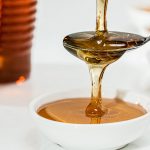 HONEY
HONEY
Hiking this fall can sometimes result in minor scrapes and cuts. Honey can enhance tissue growth by removing the dead tissues around a wound, allowing it to heal more quickly. Most importantly, it prevents any bacterial infection of the wound. “The importance of honey in the field of wound treatments has been well known since ancient times…the antioxidant and antibacterial activity that honey offers, maintaining a moist wound condition, and to the high viscosity that provides a protective barrier on the wound, prevents microbial infection,” explains the Asian Pacific Journal of BioMedicine.
 CAYENNE PEPPER
CAYENNE PEPPER
The spicy vegetable has a history of being used in traditional medicine in Asia. When the vegetable is dried and crushed into a powder, it can be applied directly on wounds or cuts due to its antifungal and antibacterial properties. When minor bleeding occurs, cayenne powder paired with a glass of water, has the ability to equalize blood pressure which in turn slows blood flow and allows it to clot more quickly.
 CHAMOMILE
CHAMOMILE
Chamomile antimicrobial and anti-inflammatory properties make it an incredible home remedy. Chamomile has been most often used for a variety of different ailments such as inflammation, muscle spasms, menstrual disorders, insomnia, ulcers, and other minor wounds. Essential oils of chamomile are used in both cosmetics and aromatherapy. Over one million cups of chamomile tea is consumed every day.
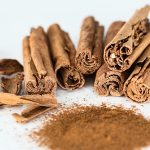 CINNAMON
CINNAMON
“Almost every part of the cinnamon tree including the bark, leaves, flowers, fruits, and roots, has some medicinal or culinary use,” claims the US National Library of Medicine. It can be used to treat minor cuts and scrapes, after the wound has been cleaned. However, the strength of true cinnamon can irritate skin in high doses and should be used with caution.
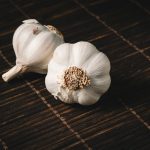 GARLIC
GARLIC
The earliest references to the medicinal uses of garlic can be traced back all the way to the 6th century BC. There’s even some evidence that athletes in the earliest Greek Olympics were fed garlic to increase stamina. Nowadays, the allicin in garlic protects our tiny sores and scrapes against infection. Like cinnamon, fresh garlic can be so strong that it’s recommended to leave it on the skin no longer than twenty minutes.
 CLOVE
CLOVE
Cloves are an Indonesian spice with anti-inflammatory and analgesic components. When you’ve binged on the summer sweets or Halloween candies and find yourself with a toothache, clove or clove oil has been proven to relieve pain. The antiseptic property of the plant will then help battle the infection of the affected area and prevent it from spreading.
 APPLE CIDER VINEGAR
APPLE CIDER VINEGAR
A study from the University of North Carolina School of Medicine referenced in Medscape General Medicine, explained how vinegar can prevent bacteria from growing. The acidity of the vinegar creates an environment that kills bacteria, but because it’s so acidic, it’s recommended to dilute it with some water.
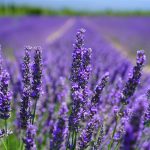 LAVENDER
LAVENDER
Often used as an essential oil, lavender antiviral and antibacterial properties can treat the bites and stings from those stubborn bugs that aren’t ready to hibernate for winter just yet. Lavender oil has been proven to promote collagen synthesis which promotes wound healing.
